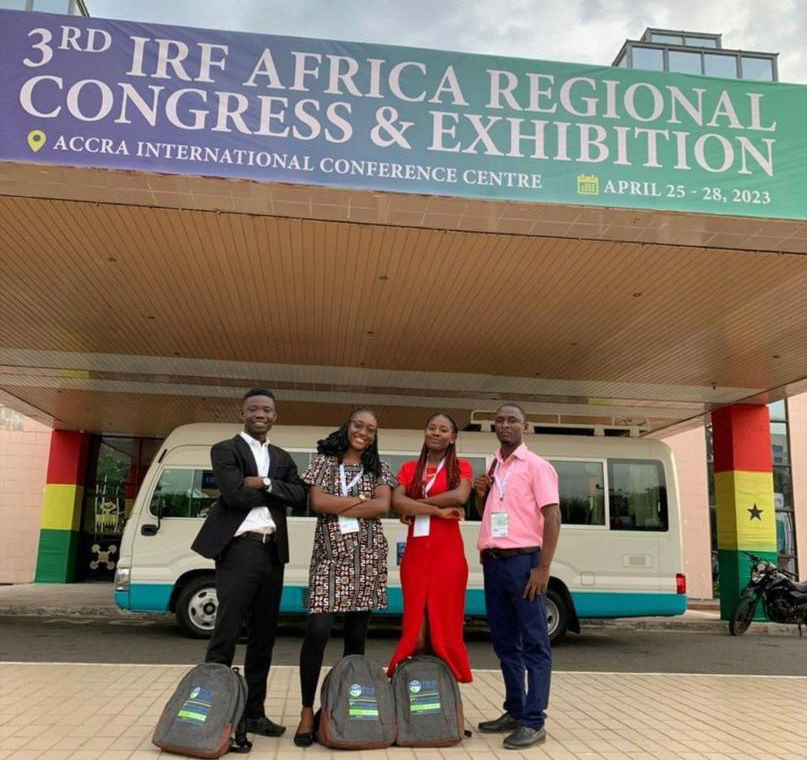ROAD SAFETY ACTION INTERNATIONAL TEAM ATTENDs A ONE WEEK CAPACITY BUILDING PROGRAM IN ACCRA, GHANA.
Road safety is a crucial issue that affects people of all ages globally, with developing countries bearing the brunt of the problem. The quest for a safe road environment in developing countries, especially in Africa, where people are disproportionately affected, is urgent. According to the WHO, developing countries account for 90% of global road traffic deaths. African countries have the highest road traffic death rates globally, with an estimated 26.6 deaths per 100,000 population.
Many African governments have exerted efforts by:
The RSAI capacity-building program is structured in three categories:

The 7-day training workshop has generated enough motivation for the team, but it has also empowered them with new skills, tools, and knowledge to contribute effectively to achieving the goal of a safe road environment for all road users. Considering that the four members of the RSAI Team attending the professional training program are young people, this signals the organization’s willingness to give young people a crucial role in the fight for road safety in Africa. The organization believes that young people can lead the charge in creating road safety awareness by combining their passion with the knowledge and experience that are gained from meaningful training such as the 3rd IRF Regional African Congress. With the advent of technology and young people being more digitally connected than ever before, they can use their digital presence to promote road safety awareness.

Young people can also use their influence to encourage their peers and family members to adopt safe road behaviors such as wearing seat belts, avoiding drunk driving, and adhering to traffic rules and regulations. But more importantly, African young people can advocate for policy change that promotes road safety. They can engage with policymakers and other stakeholders to promote the adoption of road safety policies and regulations that prioritize the safety of road users. African young people can also advocate for increased investment in road infrastructure, such as the construction of pedestrian walkways and the installation of traffic lights, to enhance road safety. As the team returns from the 3rd IRF Regional African Congress, RSAI is excited and expects to see huge efforts being exerted to improve the workings of the organization.